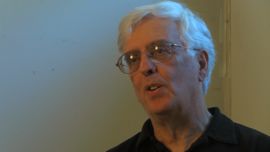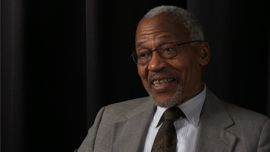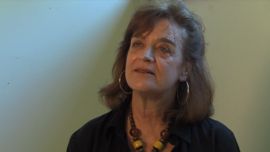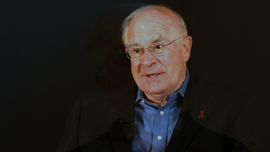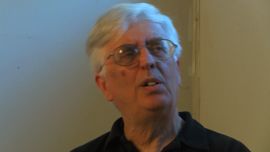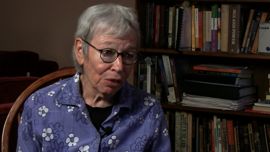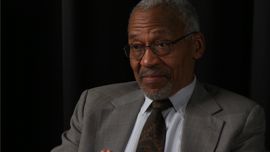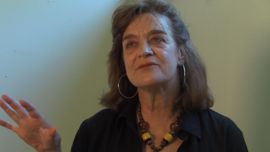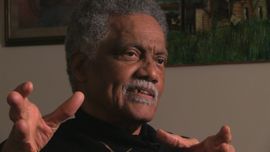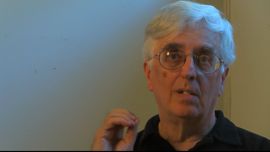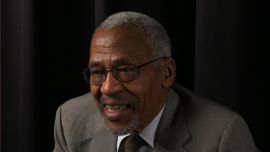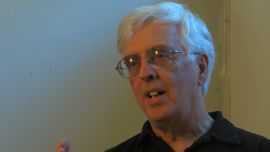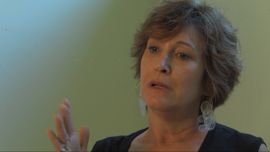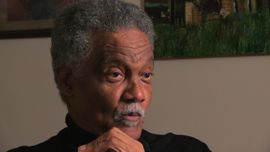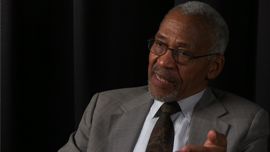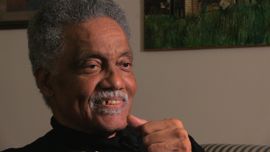Social Activism: Many at the College at Old Westbury shared a resolve to build a more just community and nation, and saw the college as a means to do this. The College’s first president, Harris Wofford, had interacted with leaders such as Martin Luther King Jr. as part of his involvement with civil rights. His enchantment with global politics and governance had led him to a pioneering position in the Peace Corps. John Maguire, who succeeded Wofford, had worked intimately with King. The first College at Old Westbury, piloted at Planting Fields, brought in faculty and students who saw their mission as “education-in-action…a welding of theory and practice.” Many sought “relevance” from their liberal arts education. Students and faculty describe being at Old Westbury as “an extension of the movement;” others sought learning as “scholar activists” in “urban action” courses in nearby New York City; still others got involved in that era’s social movements, such as the Young Lords or women’s liberation. Students, faculty and administration did not always agree on how to engage with the social problems of that era—leading to much conflict at the college. Once the College reconstituted itself, in the fall of 1970, John Maguire articulated a commitment to exploring “the riddle of human justice” as a central component of the College mission.
